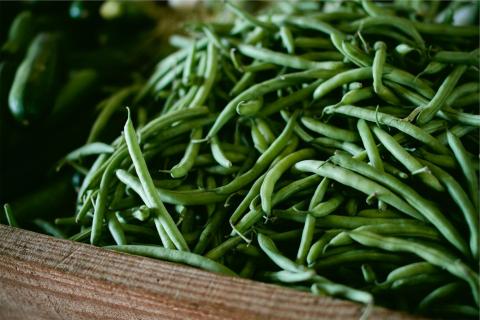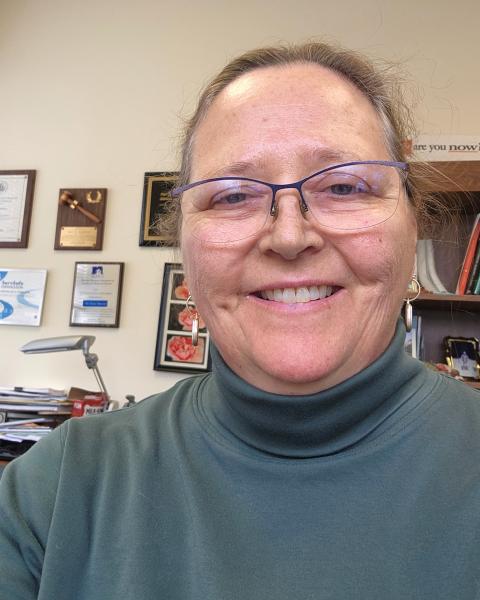Preserving your Harvest

There has been a renewed interest in home gardening and food preservation this summer. Growing and preserving your own food lets you enjoy delicious, locally grown fruits and vegetables throughout the year. Even if you do not have time or land to grow your own food, local farmers offer a wide variety of high-quality vegetables and fruit at farm stores, roadside stands, farmers markets, and pick-your-own operations. Ask your local farmer about buying a larger quantity of vegetables or fruit to meet your home food preservation needs and desires.
The advantages of preserving food at home include supporting local agriculture, taking advantage of abundance of high-quality produce, preserving food within hours of picking, and having control over the ingredients that go into a jar of canned food. The trade-off for these advantages is the time and effort to preserve food at home and the cost of equipment and utilities. Your time and effort will be rewarded in the middle of winter when you make a soup with tomatoes that you canned yourself!
There are helpful and trustworthy resources right at your fingertips from Cooperative Extension offices across the country. Feel free to connect with state Extension offices via the web. Residents in almost all states have a way to connect with dedicated staff to answer your food preservation and gardening questions. Listed below are some local and national resources.
University of New Hampshire Extension
UNH Extension’s food safety team provide workshops, fact sheets and answers to questions on canning, freezing, and storing your own or locally grown fruits and vegetables. There are also links to talks on food preservation through the Granite State Gardening Series. ASK UNH Extension is a great resource on answering food preservation and home gardening questions. Submit your questions to Yard and Garden or call 1-877-398-4769.
UMaine Extension food preservation staff have been providing lively webinar-based discussions and demonstrations on how to preserve Maine foods throughout the growing season. Their first two programs had over 70,000 views each. You do not have to be a Maine resident to take advantage of the webinars and food preservation on their website.
Penn State Extension is a leader in providing information on home food safety, including canning or freezing items such as sauerkraut, pickles, meat, poultry, vegetables, fruits, beans, fruit pie fillings, jellies, jams, and spreads. Tips on harvesting and preserving herbs and spices and home cheesemaking can also be found on their website. Their webinars and online courses, some free and others with a fee, are open to anyone who would like to participate.
National Center for Home Food Preservation
The National Center for Home Food Preservation is your source for current research-based recommendations for most methods of home food preservation. The Center was established with funding from the Cooperative State Research, Education and Extension Service, U.S. Department of Agriculture (CSREES-USDA) to address food safety concerns for those who practice and teach home food preservation and processing methods.
Whether you are a new or experienced home food preserver or canner, enjoy your experience preserving food and do not be hesitant to ask for help when issues or questions arise.
Got a Question? Ask UNH Extension!

